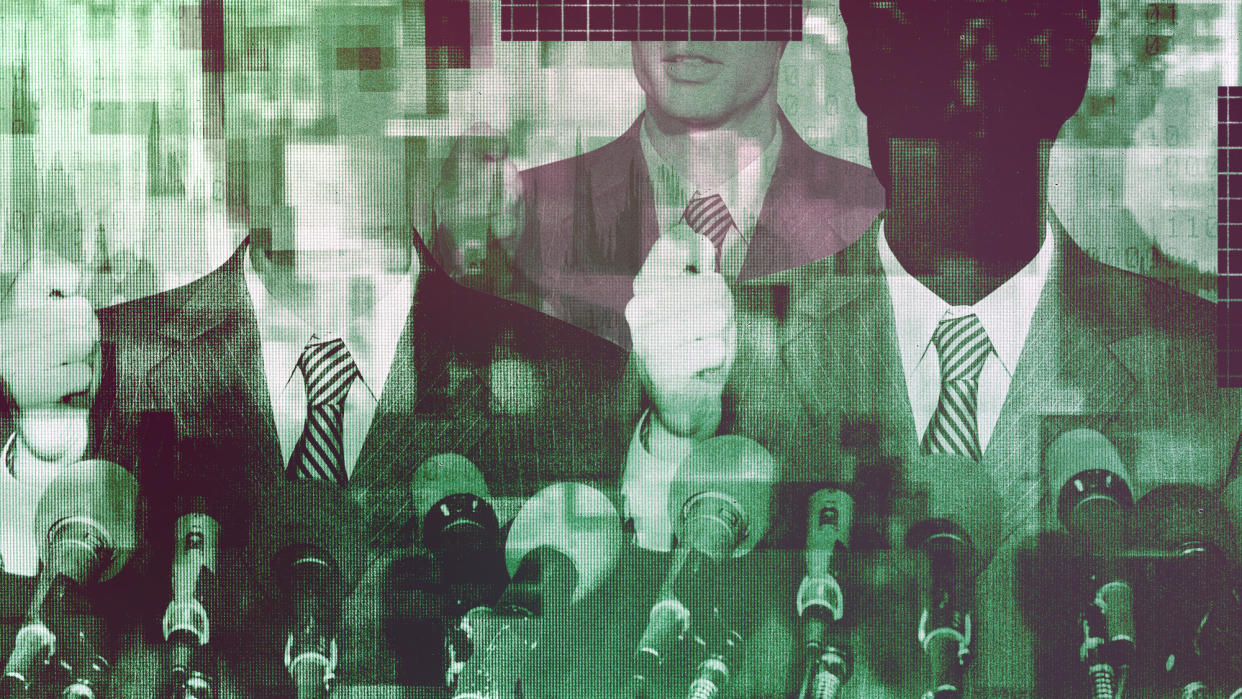Will the impact of AI on elections this year show up at the polls?

Artificial intelligence appears to be embedding itself into numerous aspects of life, and one area where this is almost certainly going to be the case is in the upcoming presidential election. "Recent advancements in AI-generated content are revolutionizing the landscape of election campaigns," the Brookings Institution reported, noting that the United States has entered "an era marked by extensive digital content creation and dissemination."
AI is already being used by presidential campaigns and political activist groups to try and influence public opinion. A robocall in New Hampshire recently made waves for using an AI deep fake to mimic the voice of President Joe Biden. The call was "an unlawful attempt to disrupt the New Hampshire presidential primary election and to suppress New Hampshire voters," the New Hampshire attorney general's office said. Pennsylvania congressional candidate Shamaine Daniels also made headlines for her use of an AI-generated campaign calling system.
So there is no doubt that artificial intelligence will play a role in the 2024 election. But will these tools be able to move the needle for candidates, or are they just another warning sign of AI's potential mismanagement?
What the commentators said
The 2024 contest will be the first American election "in which sophisticated AI tools that can produce convincing fakes in seconds are just a few clicks away," Ali Swenson and Christine Fernando wrote for The Associated Press. "You could see a candidate saying things that he or she never actually said. You could see a run on the banks. You could see bombings and violence that never occurred," Oren Etzioni, an AI expert at the University of Washington, told AP.
And as to whether or not AI will actually impact elections in the United States, the answer can already be found abroad. Days before Slovakians recently went to the polls, "AI-generated audio recordings impersonated a liberal candidate discussing plans to raise beer prices and rig the election," and scores of voters reportedly believed them to be real, Larry Norden, senior director of the elections and government program at the Brennan Center for Justice, told AP.
The upcoming election is "going to be a mess because social media is not protecting us from false generated AI," former Google CEO Eric Schmidt told CNBC last year. The "short-term danger is misinformation" which could end up affecting how people vote at the ballot box.
"One big fear is that AI, combined with a breakdown of oversight at social media companies, will be used" to create a cascading wave of misinformation, Adam Clark Estes wrote for Vox. As this trend continues, Estes noted that there is also a tendency for AI to "hallucinate," or generate false information. This "sudden flood of accidentally fake information could be just as big a problem as deliberate misinformation," he opined.
While people who want to cause chaos in elections have not previously had the resources to do so, AI "is democratizing 'disinfo' by making it simple, cheap and more convincing," Audrey Tang, Taiwan's minister of digital affairs, told Chatham House. The ability of AI to sway voters could also be amplified by an automated process, Tang added. This could "[create] a new threat model" when it comes to election interference.
What next?
Despite the dangers of AI, some feel there is still a chance it could be used in a positive manner when it comes to voter narratives. "People tend to move Latinos all into the same monolith bloc, they move Black voters into the same monolith, and they move suburban women to this big monolith as though they all think the same," Kevin Pérez-Allen, the chief communications officer for the nonpartisan health care organization United States of Care, told CNBC. AI often creates "hyper-localized, hyper-personalized political campaigns" which could help eliminate these biases.
However, the major consensus seems to be that more regulatory steps need to be taken to protect voters — and candidates — against AI influence. Election officials across the country "have spent the years since 2020 preparing for the expected resurgence of election denial narratives," the AP reported. Some of these people seem to think that their efforts, though slow, have paid off. Colorado Secretary of State Jena Griswold told the outlet that combating AI misinformation is "an uphill battle, but we have to be proactive. Misinformation is one of the biggest threats to American democracy we see today."

